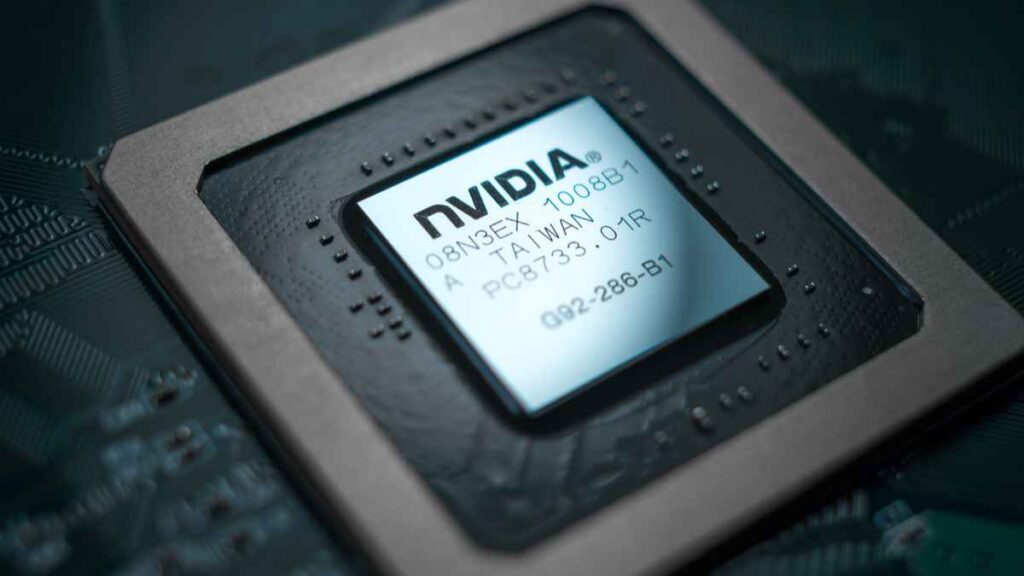Nvidia initiates plan for “Omniverse” with product launch

U.S.-based chipmaker Nvidia, announced Wednesday plans to launch its latest technology to enlarge its grip in the automotive field, by incorporating a system that would fasten the training of these vehicles.
Nvidia’s “Omniverse” simulation technology revolves around delivering the needed assistance for automotive vehicles by integrating both Artificial Intelligence (AI) and the company’s software. This will provide a wide range of services, including automotive driving functionalities, permitting standards cars to self-park.
An additional prolongation to the system designer’s Omniverse strategy will incorporate a system labeled “Omniverse Replicator.” It will ease up and speed up the needed tasks to develop a virtual existence while hastening the adaptation of proper automated vehicle training.
As a globally recognized graphics and artificial intelligence chips developer, the firm has been aiming to enhance its innovative approach to developing computer gaming and graphics for the auto industry. Currently, Nvidia is seeking capitalization for the vigorous competition emerging between makers.
The race to create self-driving vehicles, in addition, to providing modern entertainment and information to the humans on board pushed the company to create extensively powerful chips and software.
Nvidia saved $8 billion in automotive revenue to develop and empower its production in this field for the upcoming six years, all while providing financial support to automotive makers to implement its software into the vehicles.
The computer graphic manufacturer attracted attention from various automakers, such as Daimler AG’s, Mercedes-Benz luxury cars, VolvoCar AB, and Nio. These global manufacturers partnered with Nvidia to equalize their efforts with Tesla Inc, which is currently leading the electric vehicle race.
In June 2020, Mercedes announced collaboration plans with Nvidia to build its latest Mercedes Benz generation by deploying the Nvidia Drive Orin AGX platform engineered to deliver autonomous driving and diversified functionalities and set for initial launch in 2024.
